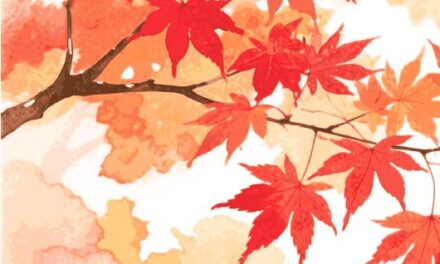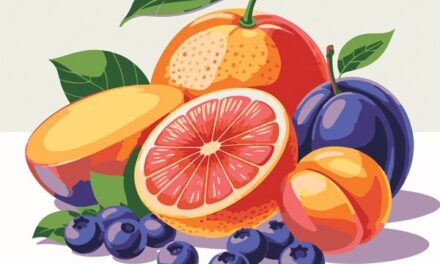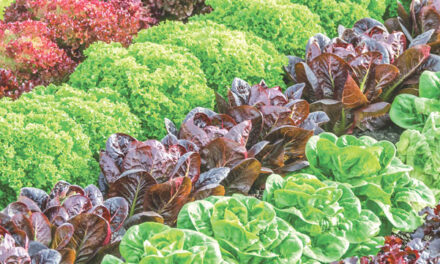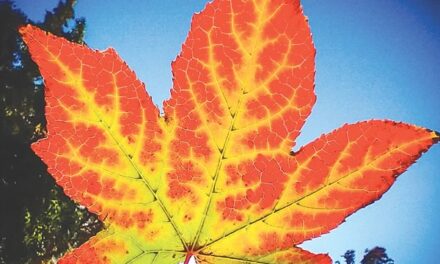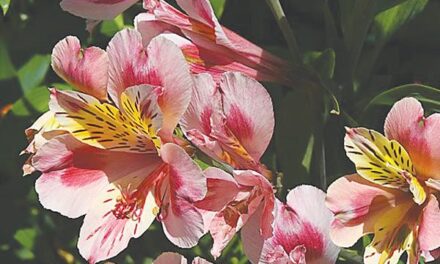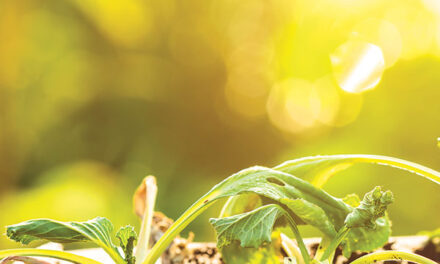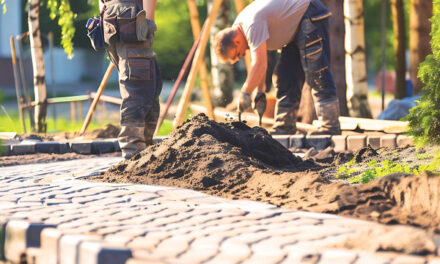Hello neighbor! I am new to this space, but have lived and pushed shovels into Northern California soil my entire life. I imagine you have done some digging, deadheading and maybe even turned a compost pile. As gardeners, we have much in common.
Have you noticed unusually high numbers of joggers, walkers and cyclists in the neighborhood? Sheltering in place during the COVID-19 pandemic has inspired more time outdoors, including gardens where we’re soaking up vitamin D, weeding beds and borders, planting vegetables, and becoming reacquainted with hummingbirds and honeybees.
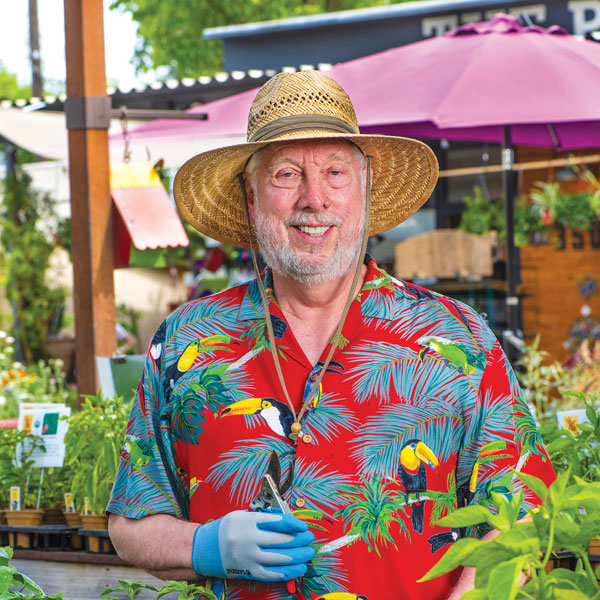
Since the onset of the virus, interest in gardening has accelerated like a Tesla Model S. Confined to quarters and dealing with product shortages, people who barely know a kiwi from an apricot have decided to grow their own groceries. Nurseries have accommodated, allowing for safety and convenience with curbside pickup. Some even deliver to nearby neighborhoods.
Demand and interest have kindled a period of Victory Garden 2.0. Victory Gardens were veggie gardens spawned during world wars because of fear and worry about empty food shelves. Toilet paper, flour and rice are not the only commodities disappearing from today’s shelves. Seed companies report shortages.
George Ball, chairman of Burpee seed company, recently told NPR his company was “flooded with vegetable orders.” Gary Ibsen of Mendocino-based TomatoFest Organic Heirloom Tomato Seeds says he normally finishes shipping seeds by the end of March but was filling orders into late April.
Maybe you have planted extra tomatoes and peppers or have researched growing your own onions, potatoes, garlic and leeks. Sacramento nurseries and home centers are attempting to keep up with the increasing appetite for seeds and plants, especially edibles.
Ensuring vegetables, fruit and citrus trees, berries and seeds are available has been a priority at Fair Oaks Boulevard Nursery, according to manager Quentyn Young. Which edibles have been the most in demand? “Anything you can eat,” he says.
“We are seeing brisk sales of all things edible,” echoes Angela Pratt, owner of The Plant Foundry Nursery & Store in Oak Park. “We sold out of potatoes for the first time since we opened in 2015.” Pratt says seeds and fruit trees have been frequently restocked this spring.
Green Acres Nursery & Supply, which has five locations around Sacramento, has experienced “increased enthusiasm” for learning to grow vegetables and fruit trees this spring, says co-owner Ashley Rossi. She cites tomatoes, peppers and cucumbers as especially popular vegetables because of their versatility to eat fresh, cook or can. Peppers and tomatoes freeze well, too. A few packages from last summer still lurk in my freezer.
While strolling the nursery aisle, it’s a good idea to purchase ornamental plants that attract pollinators and beneficial insects to the veggie patch. A few flowering plants to consider are borage, bee balm, salvias, sunflowers, coneflower and zinnias.
Join me in the coming months as we explore traditional and modern aspects of Sacramento gardening and gardens. Food and flowers are main ingredients, but the recipe also calls for a cup each of sharing, exercise, peace of mind and bonding with nature. Oh, there’s a dash of weeding, snails and fungal diseases, too.
If you are among the many new Sacramento-area gardeners, you will learn a few tricks. Even the most seasoned gardeners are constantly learning.
For now, there are melons to plant and aphids that demand attention.
Dan Vierria is a University of California Cooperative Extension Master Gardener for Sacramento County and former Home & Garden writer for The Sacramento Bee. For answers to gardening questions, contact the UCCE Master Gardeners at (916) 876-5338, email mgsacramento@ucanr.edu or visit sacmg.ucanr.edu. Follow us on Facebook, Twitter and Instagram: @insidesacramento.



